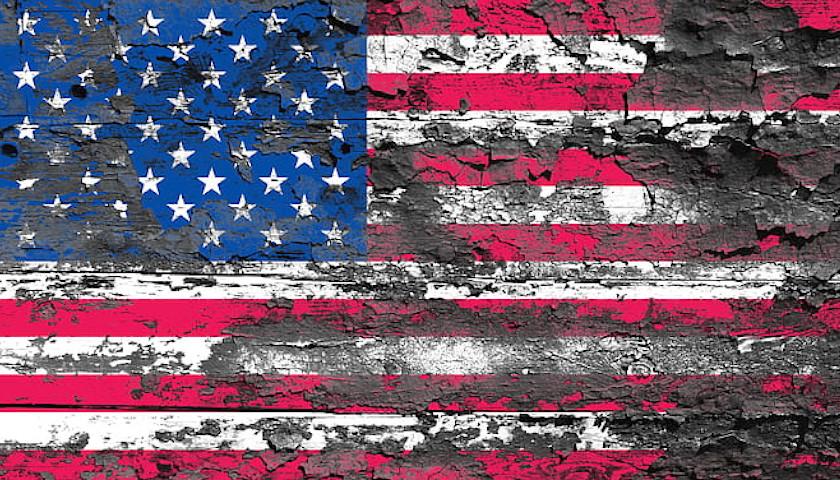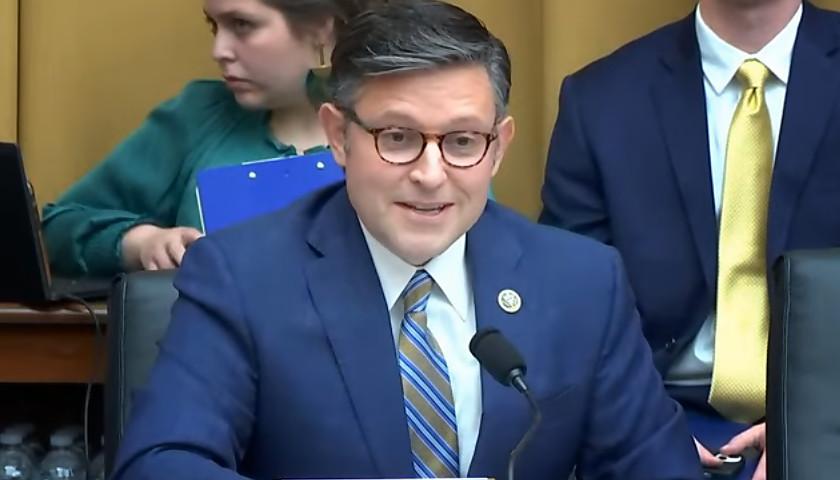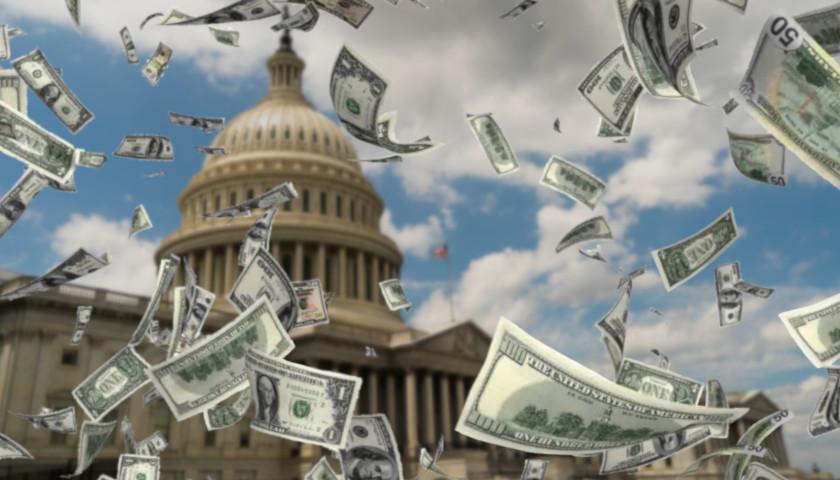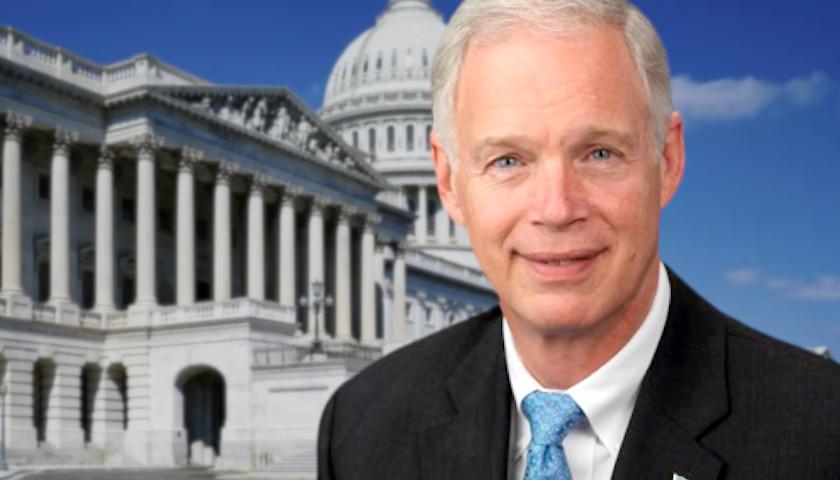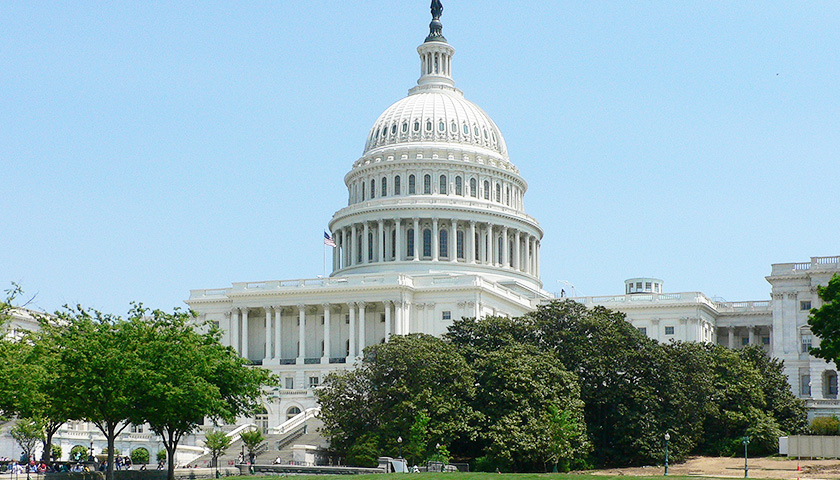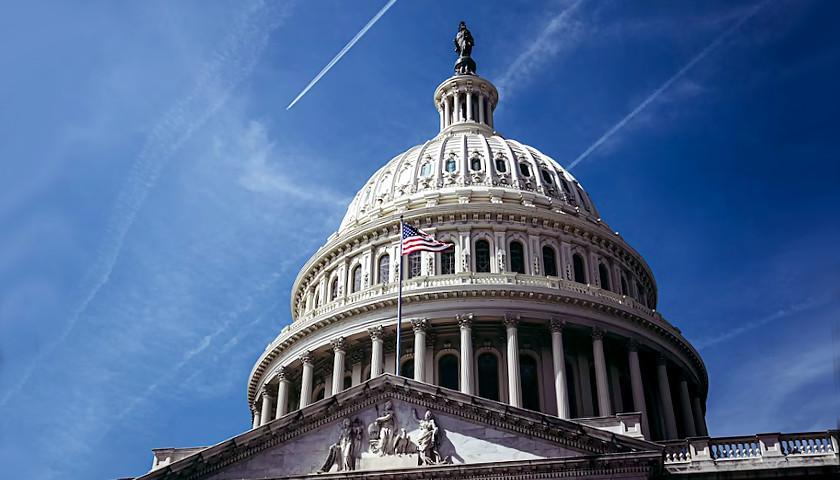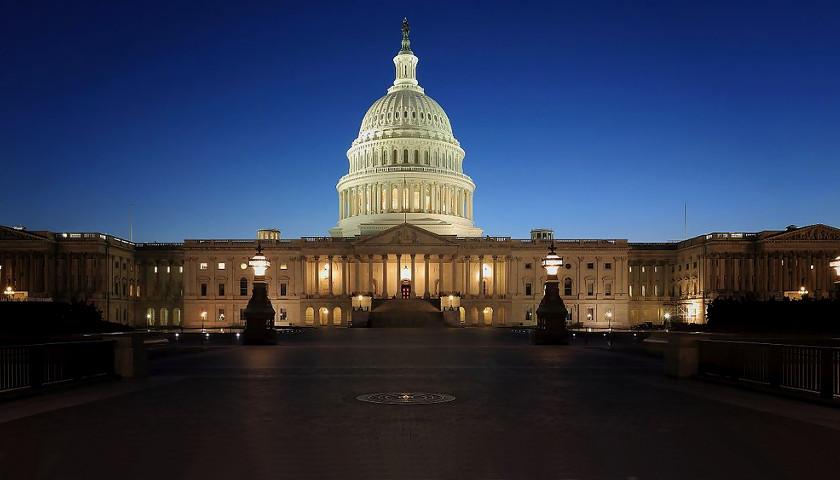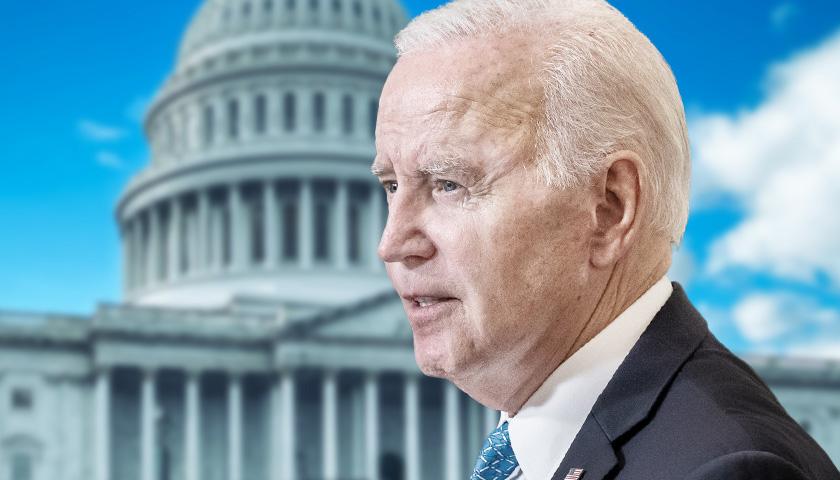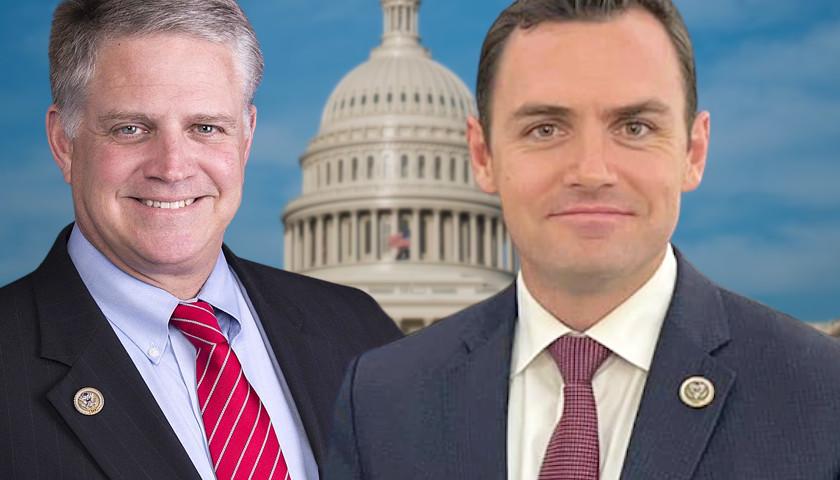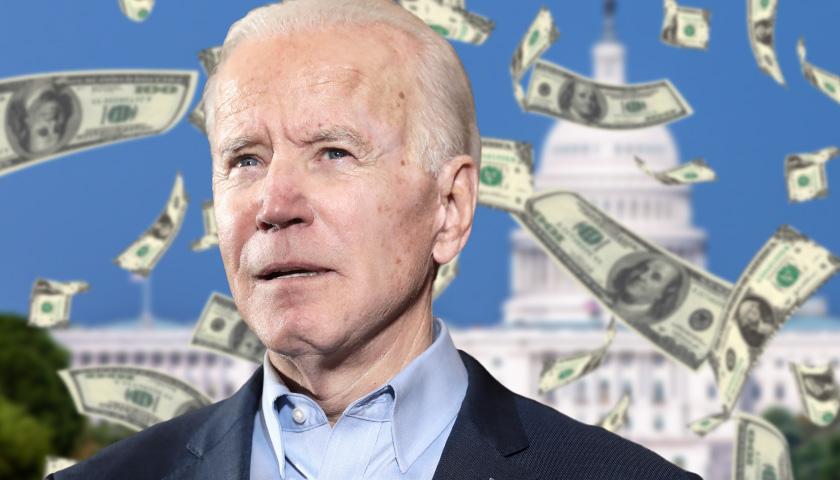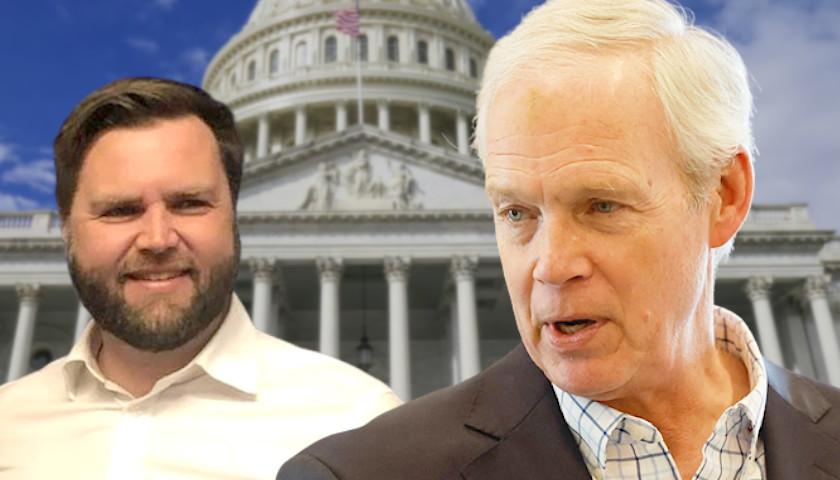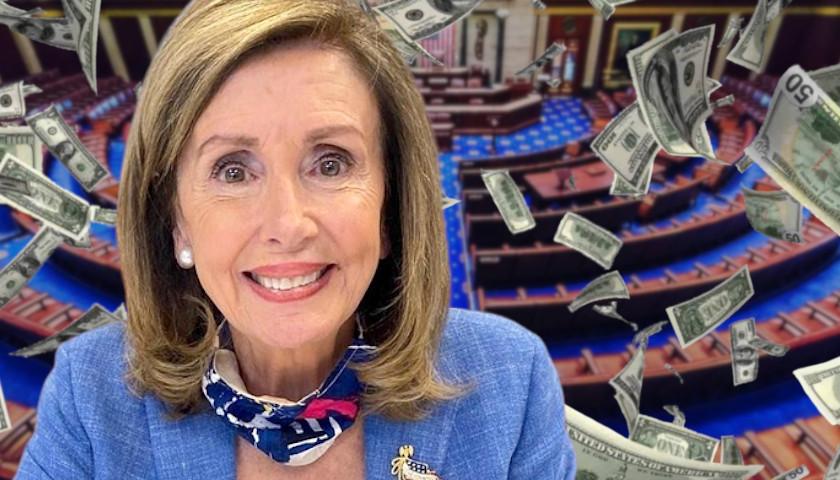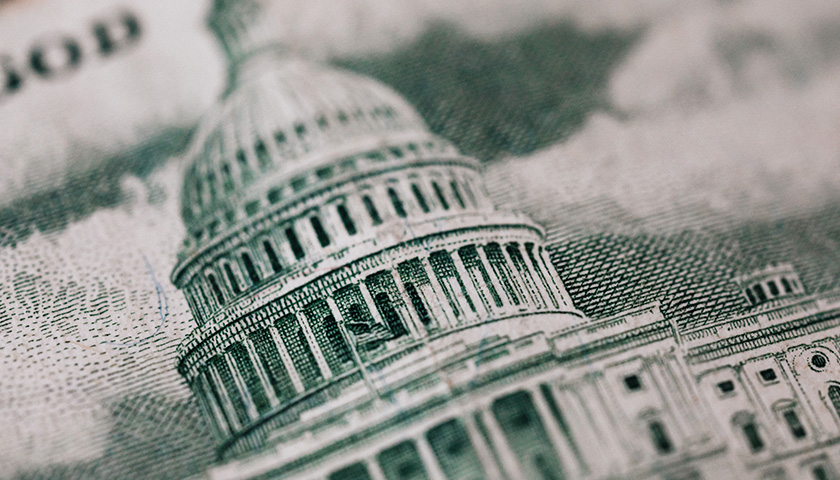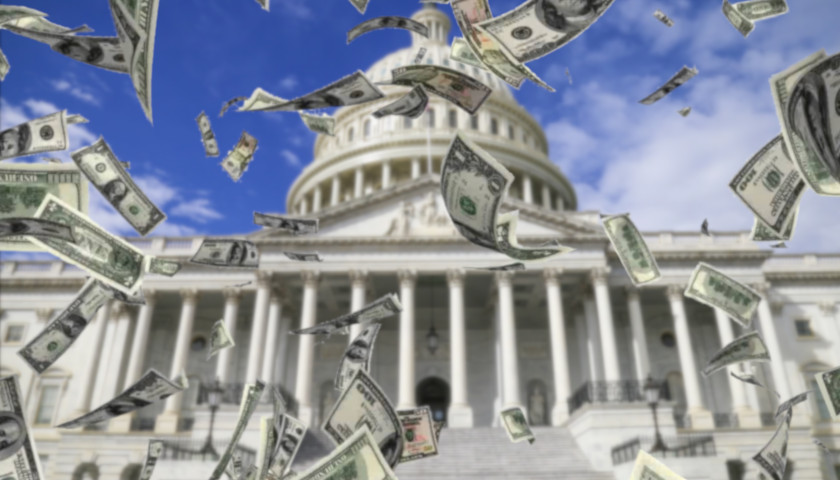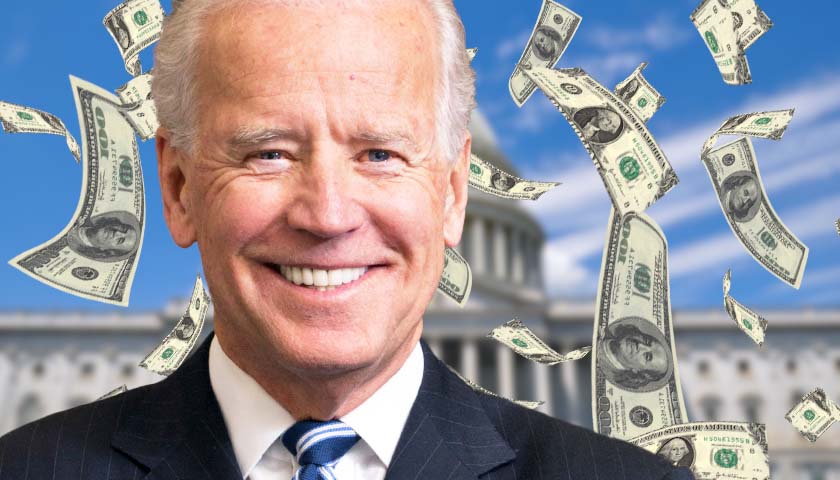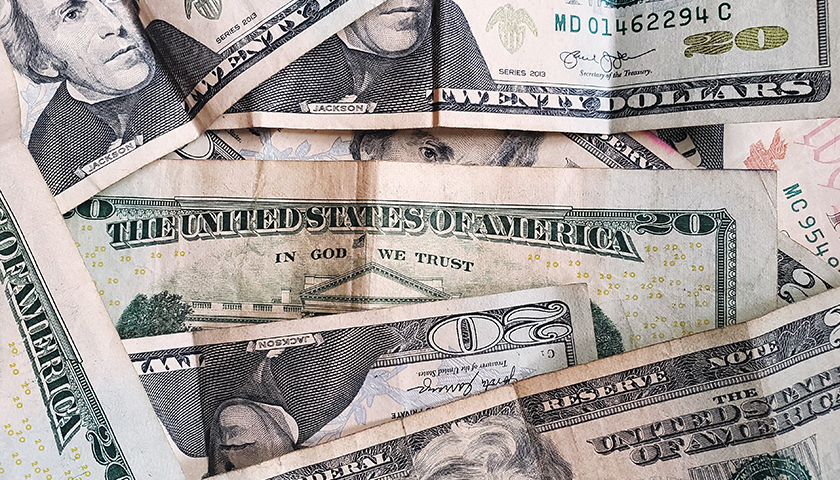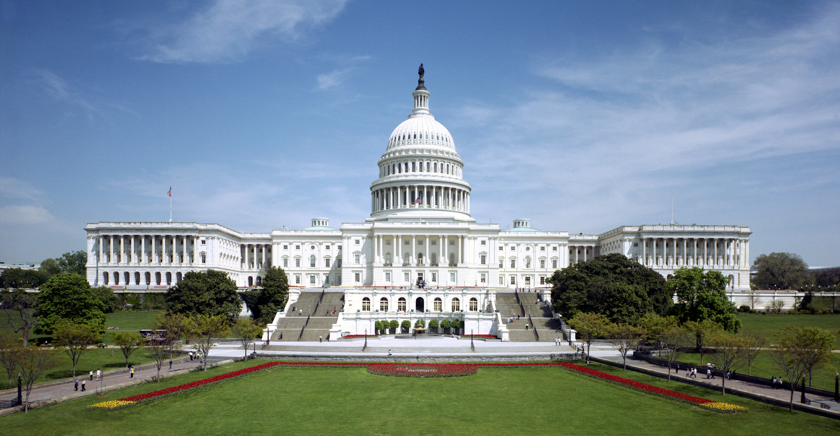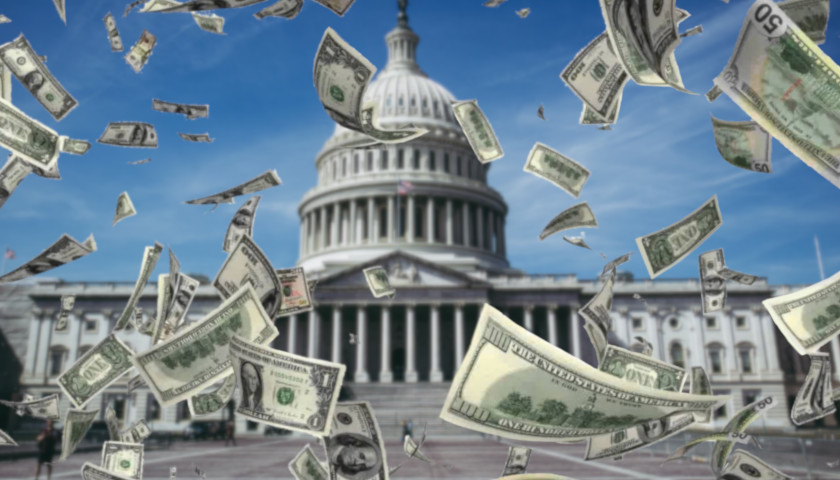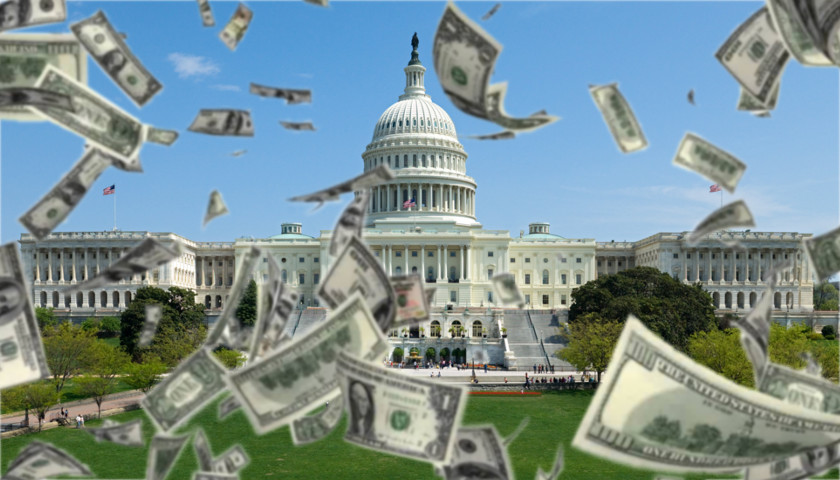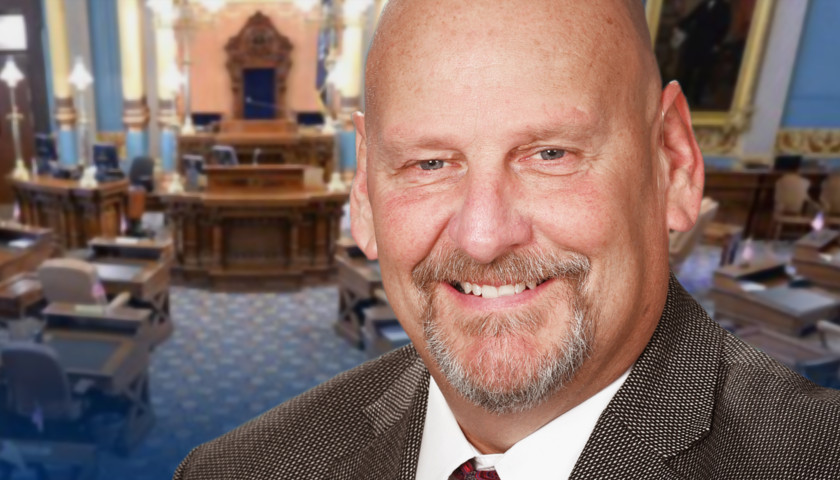The $3.5 trillion spending bill set up to follow the $1.1 trillion infrastructure bill (which has little to do with infrastructure) should be called what it really is: The Higher Inflation and Bigger Debt Act.
The Democrats would like you to believe it is only a reconciliation bill. This is vital to them because a reconciliation bill only takes 50 senators and the vice president to pass the U.S. Senate.
However, this additional $3.5 trillion comes after trillions of emergency spending prompted by the COVID-19 pandemic. Consider what the Congressional Budget Office has written about the fiscal situation before the $1.1 trillion and $3.5 trillion bills are passed:
Here is what the Congressional Budget Office forecasts (not counting Biden’s enormous spending plan):
“By the end of 2021, federal debt held by the public is projected to equal 102 percent of GDP. Debt would reach 107 percent of GDP (surpassing its historical high) in 2031 and would almost double to 202 percent of GDP by 2051. Debt that is high and rising as a percentage of GDP boosts federal and private borrowing costs, slows the growth of economic output, and increases interest payments abroad. A growing debt burden could increase the risk of a fiscal crisis and higher inflation as well as undermine confidence in the U.S. dollar, making it more costly to finance public and private activity in international markets.”
Read More


